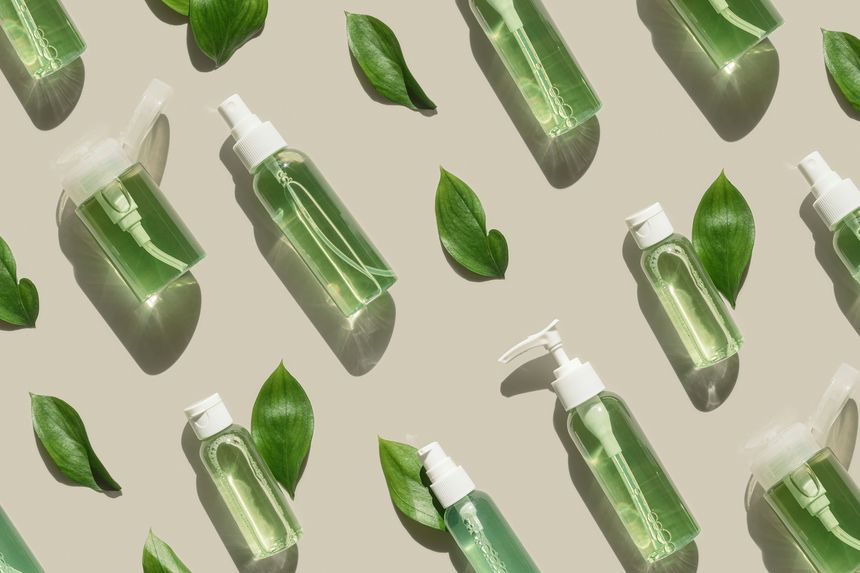I had the most wonderful day exploring ‘The Future of Beauty’ as part of British Beauty Week. The event brought together leading voices in the industry, as well as innovators in technology and AI and was filled with great panel discussions and networking sessions. It was great to discuss emerging issues with leaders in the field, and peers alike.
The beauty industry in the UK represents a multi-billion pound sector and as it continues to grow, we can see a shift towards a more holistic approach to beauty and wellness and this was a key theme throughout the panel discussions throughout the day.
Trends show that, now more than ever, consumers are focusing not only on cure but also prevention, through a whole range of products and services which focus on wellness and longevity (and, in turn, beauty). The cross-over between products has never been more prevalent, as consumers take a holistic approach to their regime — including topical treatments, supplements, beauty devices, wearable tech, and aesthetic treatments.
Some key takeaways from the day include:
- The ongoing influence of AI:
In a market with an overwhelming selection of products (and a big margin for error), AI is crucial for helping consumers find the right products. It demystifies the purchasing process, reduces trial and error, and combats misinformation. AI is “here to stay” for brand owners and how consumers purchase these goods. - Brands are becoming consumer-led:
The traditional top-down marketing model is reversing. Brands are increasingly using AI to listen to consumer needs and tailor their offerings, putting more control in the hands of the customer. - Personalisation is the new standard:
AI is enabling personalised beauty. By using consumer data (including from epigenetics and lifestyle factors), it can deliver customised product and treatment recommendations, making expert advice more accessible to everyone and taking the guess work out of beauty. - Linking sports + beauty = big marketing opportunities:
With the growing popularity of women's sports and increasing viewership, brands are finding a new market opportunity. The rise in female sports audiences presents a gap for beauty brands to partner with sports brands and forward-thinking beauty brands are increasingly moving into this space. This shift will continue to change the narrative around beauty, linking it with strength and wellbeing rather than just traditional glamour. This shift also reinforces messages of female empowerment and inclusivity. - Groundbreaking ingredients and accessibility:
The market is seeing an increase in innovative ingredients (such as NAD, exosomes, and growth factors, such as peptides) alongside the increased accessibility to these ingredients through more affordable brands. - Technology is still a growing segment:
The beauty tech market is expanding rapidly, with popular devices including LED masks and microcurrent tools, and radio frequencies. This is also part of a wider trend that also sees demand for aesthetic treatments which promote rejuvenation (i.e. polynucleotides and Profhilo), over strictly anti-aging treatments, i.e. Botox.
I found the use of AI and consumer data (including from epigenetics and lifestyle factors) to deliver customised product and treatment recommendations to be particularly interesting, as well as the increase of hybrid products (i.e. SPF setting sprays and makeup infused with skincare).
It goes without saying that brands need to move quickly to stay ahead of the curve and swift innovation is key. IP will of course play an important role in this. Watch this space!


/Passle/6130aaa9400fb30e400b709a/SearchServiceImages/2026-02-17-11-02-00-908-69944aa841083f2011e0faad.jpg)
/Passle/6130aaa9400fb30e400b709a/SearchServiceImages/2026-02-17-11-10-11-040-69944c93b849a0bd414cd3bf.jpg)
/Passle/6130aaa9400fb30e400b709a/SearchServiceImages/2026-02-17-12-15-42-337-69945bee41083f2011e184d8.jpg)